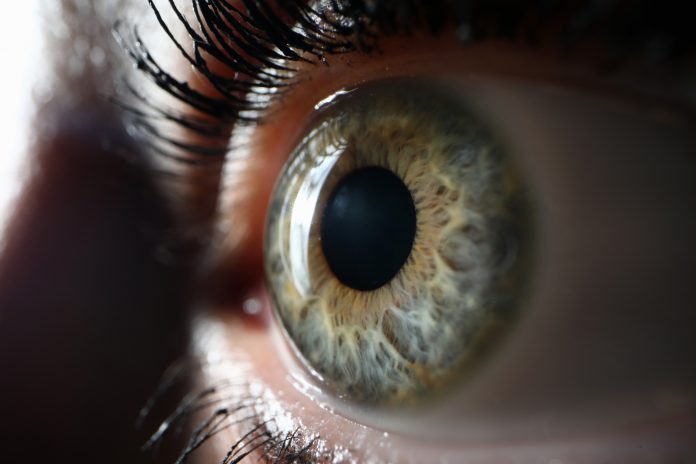
A gene therapy designed to treat Bothnia dystrophy, a rare form of inherited retinal disease, was well tolerated and improved vision in a Phase I/II clinical trial led by the Karolinska Institute in Sweden.
Bothnia dystrophy is an autosomal recessive form of retinal dystrophy that is most common in the Västerbotten region of Sweden. Although it is rare globally, in that specific area a prevalence as high as one per 4,500 people has been recorded.
People who inherit this condition, which is caused by mutations in the gene Retinaldehyde-binding protein 1 (RLBP1), are characterized by having night blindness, often from early childhood, which progresses slowly to full blindness in middle age.
There is currently no treatment available for Bothnia dystrophy. Gene therapies have shown promise for treating other retinal diseases. Luxturna, an adeno-associated viral (AAV) vector based treatment, developed by Spark therapeutics to treat biallelic RPE65 mutation-associated retinal dystrophy, was approved by the FDA in 2017 and many more similar treatments are now in development in over 150 clinical trials.
In this study, which is published in Nature Communications, the researchers carried out a Phase I/II trial in 12 people with Bothnia dystrophy. The gene therapy comprised an AAV8 vector expressing a corrected RLBP1 gene, injected into the eye, which had previously showed good safety and efficacy and improved dark adaptation in mice and non-human primates.
The results of the study were good, with significant improvements in dark adaptation vision seen in 11 of 12 patients who participated in the study. There were some adverse events, for example, inflammation around the injection site, but these were generally mild-moderate and treatable.
“The results are important because hereditary blindness is the most common cause of blindness in younger and able-bodied people, and there is no treatment for the vast majority of those affected,” said co-author Helder André, a researcher at the Karolinska Institute, in a press statement.
“Our study gives hope that this large group of patients can have their vision restored in the future. The results also support the idea that gene therapy can work for hereditary diseases in general,” added lead author Anders Kvanta, a professor at Karolinska based in the same department.
The next step for this potential therapy is a larger study with a placebo-treated control group to move closer to market approval.





